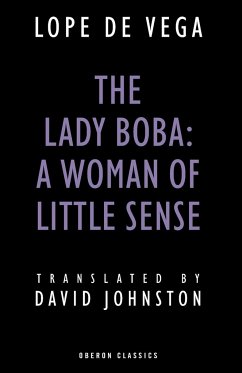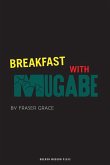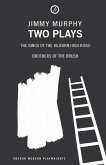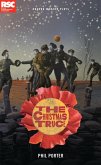Nise and Finea are famous beauties. Their father, Don Octavio, a wealthy businessman, is doing his best to marry them off and an exotic collection of determined young suitors are competing for the prizes. The sticking point? Nise, the elder sister, is too clever for her own good, whilst younger sister Finea is notoriously stupid. Can the family hide Finea's shortcomings long enough to hoodwink a suitor into marriage? Surely the combination of a dancing master and a huge dowry will do the trick? The ploy is more successful than anyone might have anticipated. A Woman of Little Sense is a big-hearted and hilarious romantic comedy which celebrates the power of love. "It's an exuberant comedy, and David Johnston's translation catches its energy." - Financial Times "A new translation by David Johnston that delivers romance and comedy at a cracking pace." Five stars - The Public Reviews
Hinweis: Dieser Artikel kann nur an eine deutsche Lieferadresse ausgeliefert werden.
Hinweis: Dieser Artikel kann nur an eine deutsche Lieferadresse ausgeliefert werden.








